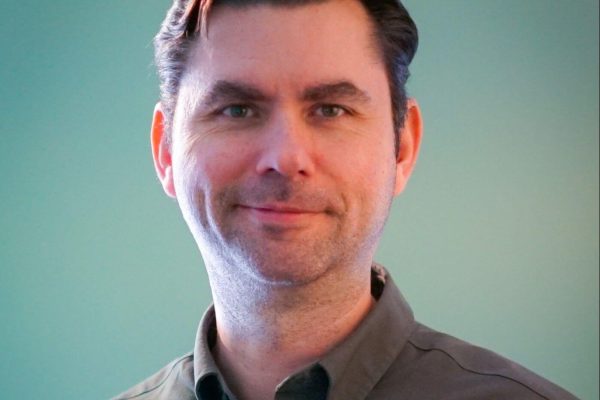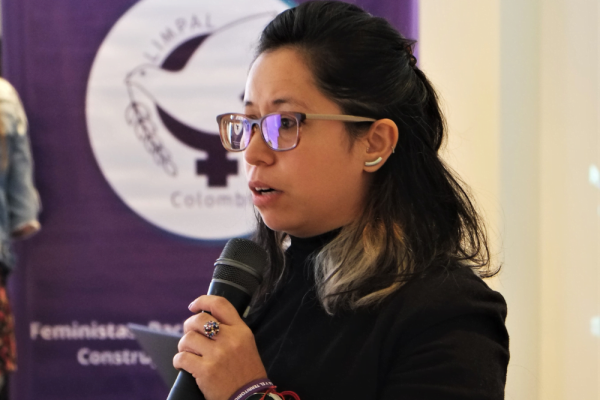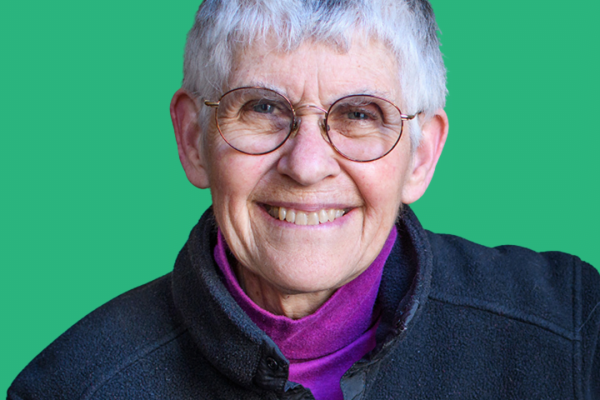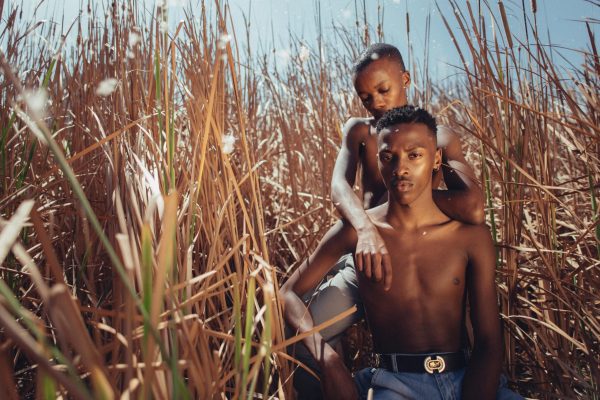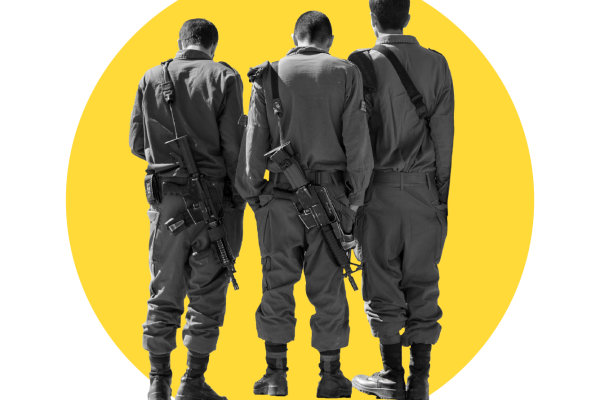- 9 April 2024
- 30min
#Militainment #MilitarisedMasculinities #Hollywood
In this article, we are sharing the show notes and the full transcript of the Fourth Episode of our Mobilising Men for Feminist Peace podcast. Welcome to Mobilising Men for Feminist Peace, a podcast from WILPF, the Women’s International League for Peace and Freedom, in which we uncover the…

